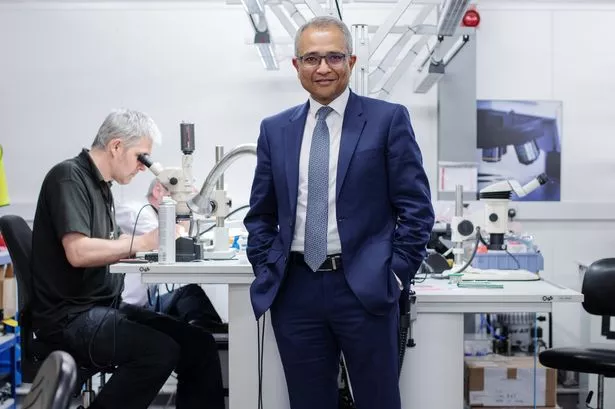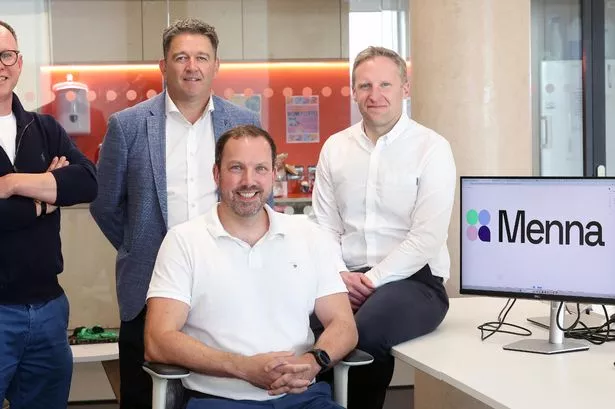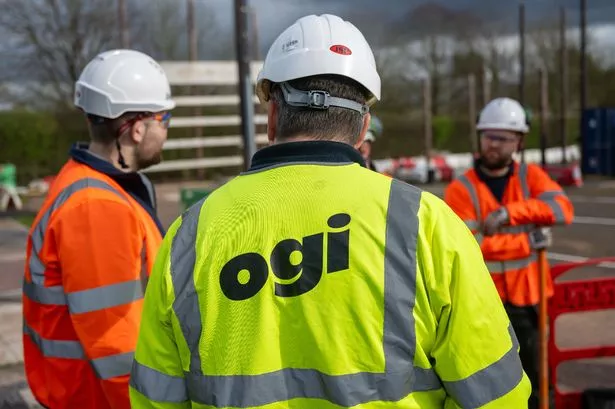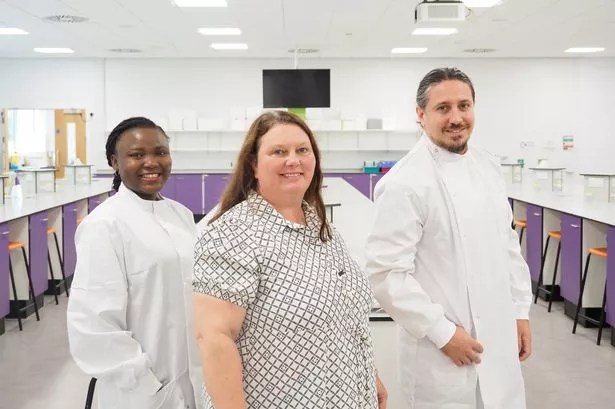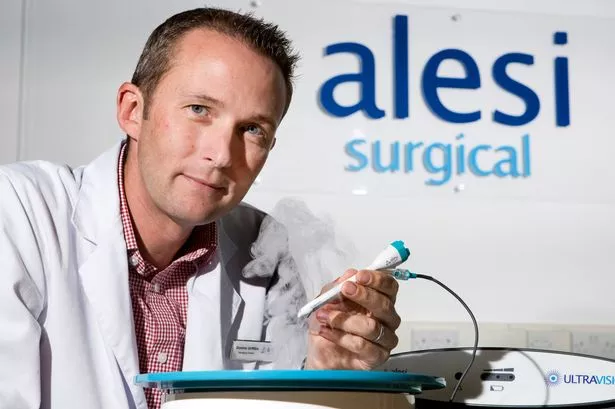
Tyneside offshore cleantech company Kinewell Energy is celebrating two major contract wins.
The Newcastle business has signed deals with two global renewable energy producers for its award-winning KLOC software.
The six-figure, multi-year contracts, will see the two unnamed European renewable energy giants use the software during the development of all future offshore wind farms globally.
The company, which moved to its new head office in Newcastle city centre at the start of the year, already works with some of the world’s largest renewable energy producers, such as Equinor and SSE Renewables. Founder and CEO Dr Andrew Jenkins says he is confident the new deals will act as a catalyst for further growth.
He said: “We are thrilled to be welcoming these two new customers into the Kinewell family. Our KLOC software has played a key role in the development of some of the world’s largest offshore wind farms over recent years, and these partnerships will allow us to help even more communities reap the benefits of greener, cheaper energy.”
Launched in 2015, the firm’s Kinewell Layout Optimisation of Cable (KLOC) software uses AI-powered technology to calculate the most economical way of arranging subsea cable layouts, and pinpointing the best turbine locations.
It reduces the cost of the cable system by around 20%, by cutting the cable length and reducing energy loss, so that more clean power reaches communities supplied by the wind farm. The technology also slashes months off of the wind farm development process, making it quicker and more affordable for developers to move to renewable energy.
Dr Jenkins said: “Should the UN achieve its ambition of global emissions reaching Net Zero by 2050, then it is estimated that annual clean energy investment worldwide will need to triple to a staggering £4 trillion by 2030. However rising interest rates, inflation and material costs have led to development costs spiralling in recent years, meaning developers have become more conservative about how they approach projects.
“This is what has made KLOC even more appealing. Whereas traditionally our clients would utilise the software once they had secured planning, many of our clients are now factoring it into their development costs from the outset. By being able to swiftly design concept studies and bring down project costs through using KLOC, it makes tenders more competitive and can help secure projects as well as financing their development.”
Five new staff members have joined the business over the past few months, backed by support from the Technology, Innovation & Green Growth for Offshore Renewables (TIGGOR) fund, and more projects are in the pipeline.

